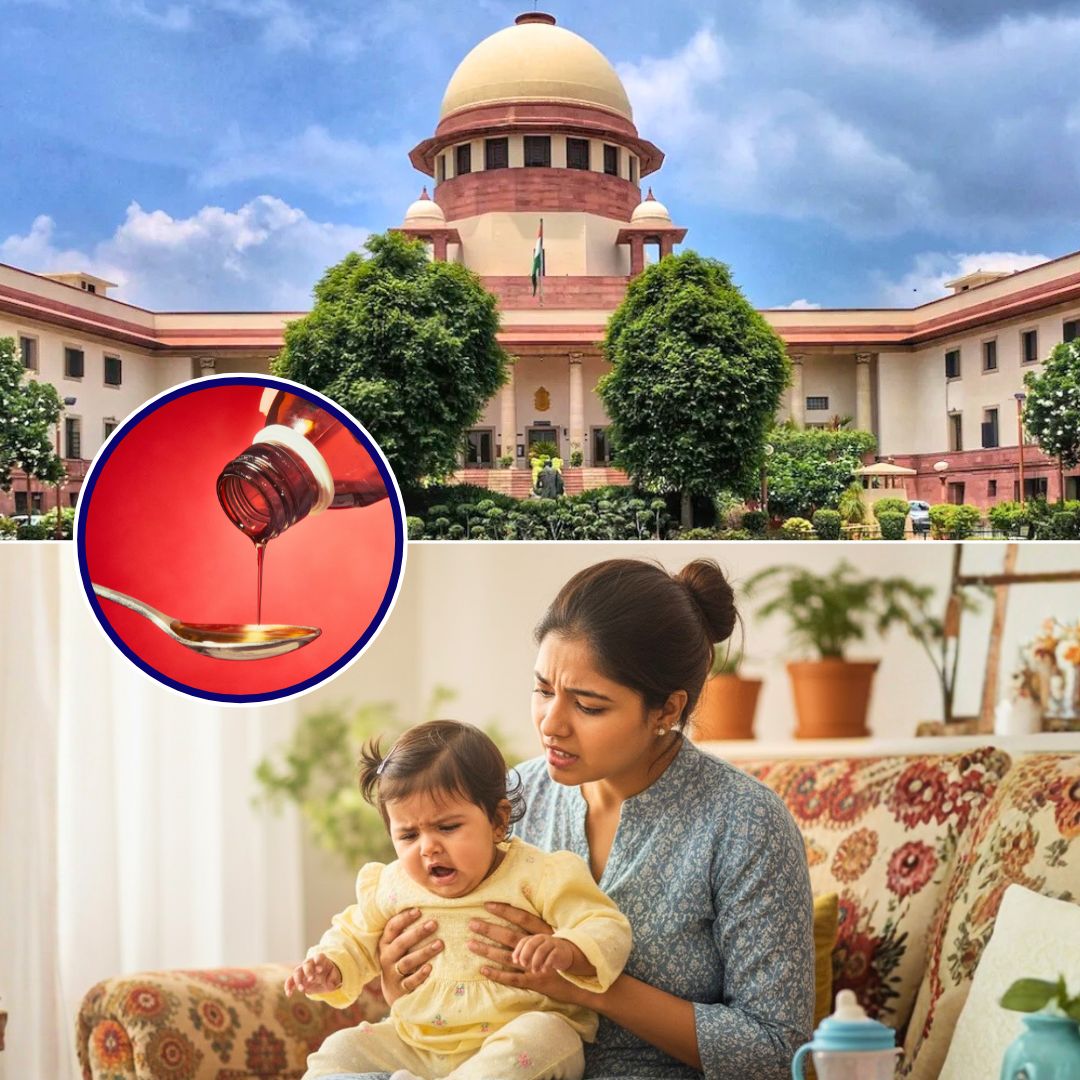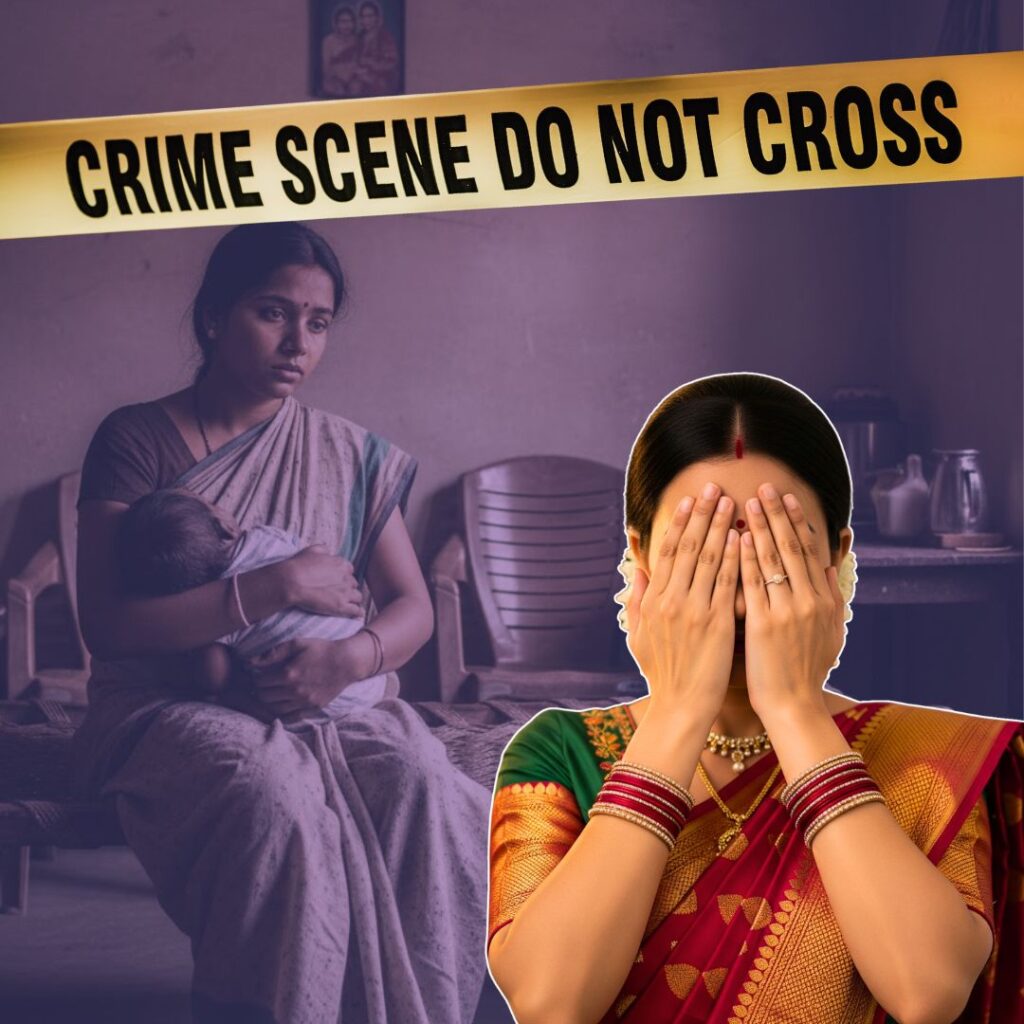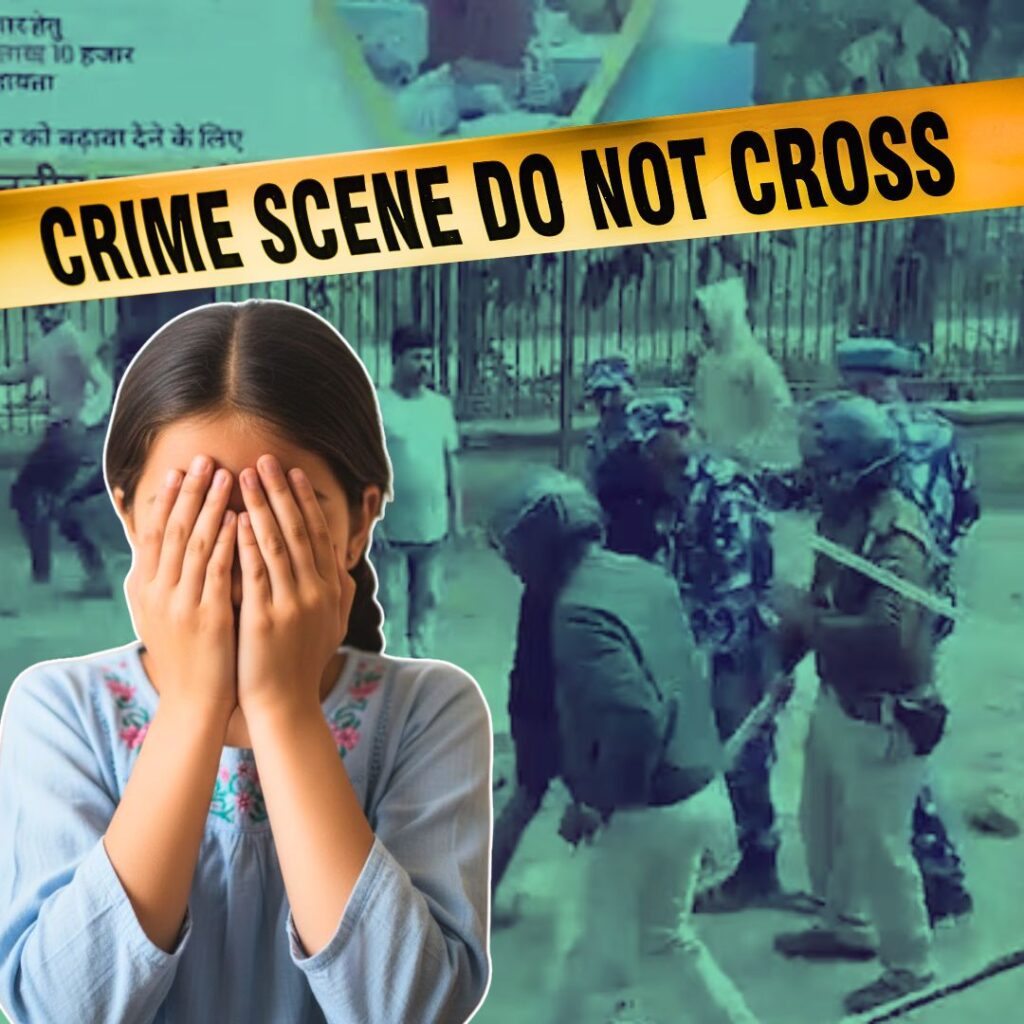The Supreme Court on Friday dismissed a petition seeking a Central Bureau of Investigation (CBI) probe into the deaths of at least 21 children in Madhya Pradesh’s Chhindwara district, allegedly caused by consuming contaminated cough syrup named Coldrif, manufactured by Sresan Pharma.
The PIL, filed by advocate Vishal Tiwari, also demanded a nationwide drug safety review, but was rejected after Solicitor General Tushar Mehta argued that state authorities were already taking effective action.
The owner of the pharmaceutical company, 75-year-old G Ranganathan, has been arrested, and Tamil Nadu has sealed the factory and banned the drug, while several other states have followed suit.
Tragedy Unfolds: Toxic Syrup Claims Children’s Lives
At least 21 children in Madhya Pradesh and Rajasthan have died after consuming Coldrif, a cough syrup found to contain diethylene glycol (DEG), a toxic industrial solvent banned in medicines. The contaminated syrup, manufactured by Sresan Pharma Pvt Ltd in Tamil Nadu, was administered to children suffering from cold and cough, leading to acute renal failure.
The Madhya Pradesh police, in coordination with Chennai police, arrested company owner G Ranganathan in the early hours of Thursday. Tamil Nadu authorities had already sealed the factory and banned the sale of Coldrif from October 1, with several other states imposing similar bans to prevent further harm.
Legal and Regulatory Gaps Exposed
The PIL filed in the Supreme Court highlighted systemic failures in India’s pharmaceutical oversight, including the absence of pre-release testing, a national drug recall policy, and effective monitoring of small-scale manufacturers.
Advocate Vishal Tiwari urged the court to order a CBI investigation, establish a National Pharmacovigilance Portal, and mandate nationwide testing of syrup-based medicines. He cited previous WHO alerts on Indian-made syrups linked to child deaths in Gambia and Uzbekistan, warning of a recurring pattern.
However, the bench, led by Chief Justice Sanjiv Khanna, questioned Tiwari’s PIL track record and accepted Mehta’s assurance that state agencies were handling the matter seriously, leading to the dismissal of the plea.
The Logical Indian’s Perspective
The tragic loss of young lives to a preventable, toxic medicine underscores a critical failure in public health safeguards. While state actions like factory sealing and drug bans are necessary, they are reactive rather than preventive.
The Logical Indian calls for a unified, transparent, and proactive national drug safety framework to protect citizens from substandard and counterfeit medicines.












